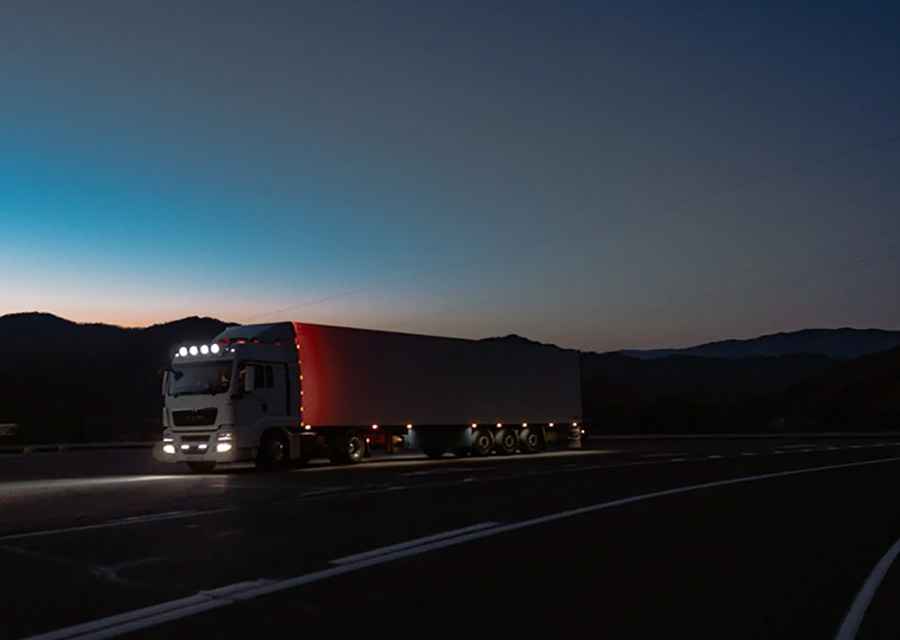What Should You Do If Involved in an Accident Far From Home?
Back home, you’d be more confident. Whatever happens on the road, you’ve got friends, family, and colleagues to back you up. But many things can be quite overwhelming when you’re on your own and in places where you don’t know the dos and don’ts. Here are, however, some insights to bag so you can shield yourself wherever, whenever.

Stop Smart–Priority Trick to Stay Safe
You’ve just been wrecked—a jarring shock that could set you in panic mode. So, pull over if you can, turn on your emergency (hazard) lights, and set up warning triangles before and after your vehicle. Even in unfamiliar territory, your top priority is preventing another mishap.
Always, tsunami-level safety beats any anxiety about distance and disconnection. As highlighted by experts, maintaining clear emergency protocols and regular vehicle checks can drastically reduce the severity of injuries in remote-area crashes.
Record Every Fact—Your Roadmap to Recovery
You need more than a remarkable memory. Snap sharp photos of both vehicles, license plates, road signs, skid marks, injuries, and any notable detail. Note time, location (use GPS), weather, and whether road conditions played a role—gravel, potholes, weather conditions, and all.
Why? These details become your irrefutable proof and are quite crucial for claims, even if you’re across state lines.
Dial Authorities: Local Emergency Services & Insurance
Call 911—or the local number—depending on the country. Even if injuries seem minor, an official report establishes the timeline and facts. Then, contact your insurer ASAP.
Ask for help coordinating local towing, medical referrals, or rental cars. When you're far from home, their network can be your lifeline.
Handle Medical Care–With Intent
Assess everyone’s injuries, including yours. If you feel pain—especially neck, chest, or head—get checked right away. Remote or self-help first-aid won’t cut it. Keep documentation: hospital intake forms, prescription details, and doctor notes all in one accessible pack.
They’re all your medical records; your ticket to reimbursement, long-term future care, and support.
Talk Softly—Actions Speak Louder
Be cooperative with the police and other people involved. Avoid apologies (“I’m sorry”)—they can sometimes be misunderstood as admissions and that you’re guilty. Stick to facts; don’t elaborate. Also, collect names, badge numbers (of responding officers), and contact info from all involved—including eyewitnesses. You may contact them later if some parties’ stories differ.
Flat-Out Distance Doesn’t Mean Flat-Out Trouble
Some data show that about 69% of car crashes happen within 10 miles of home, and 88% of those injuries occur within that radius. So if you're far from home—whether visiting or just going through Oklahoma state lines—expect confusion with fault assignments, local laws, and even insurance jurisdiction may need to be acted upon with intent.
Legal Backup—Even If You're On the Go
You don’t need to just rely on your home-state counsel; you can easily call upon experienced truck accident attorneys in Oklahoma for their expertise, especially for incidents within the state. They’re your pros who can help you walk through Federal Motor Carrier Safety Administration rules, digging deeply into liability—even across state borders—to build a strong case for you.
Also, engaging local counsel fast means they can immediately:
● Pull police and incident reports
● Check if the trucking company violated local or FMCSA rules
● Lock in witness statements and avoid investigator delays
● Help you stay connected and organized (even digitally) and coordinate with your home-state attorney seamlessly
Plan Your Next Move
Keep monitoring your health—delayed symptoms are quite a common occurrence. Follow up with doctors and update your home state or company counsel.
You can ask your lawyer about requesting for:
● Lost-wage compensation
● Medical cost recovery
● Rental vehicle or travel expense coverage
● Pain & suffering or punitive damages if commercial negligence is involved
Bottom Line
Though trends improve, remote-area crashes along your route often involve delayed EMS and complex liabilities. So, your swift, structured response can set you apart and protect your rights—even far from the familiarity of home and sure help.
You’ve got this.
Image Source: Pexels